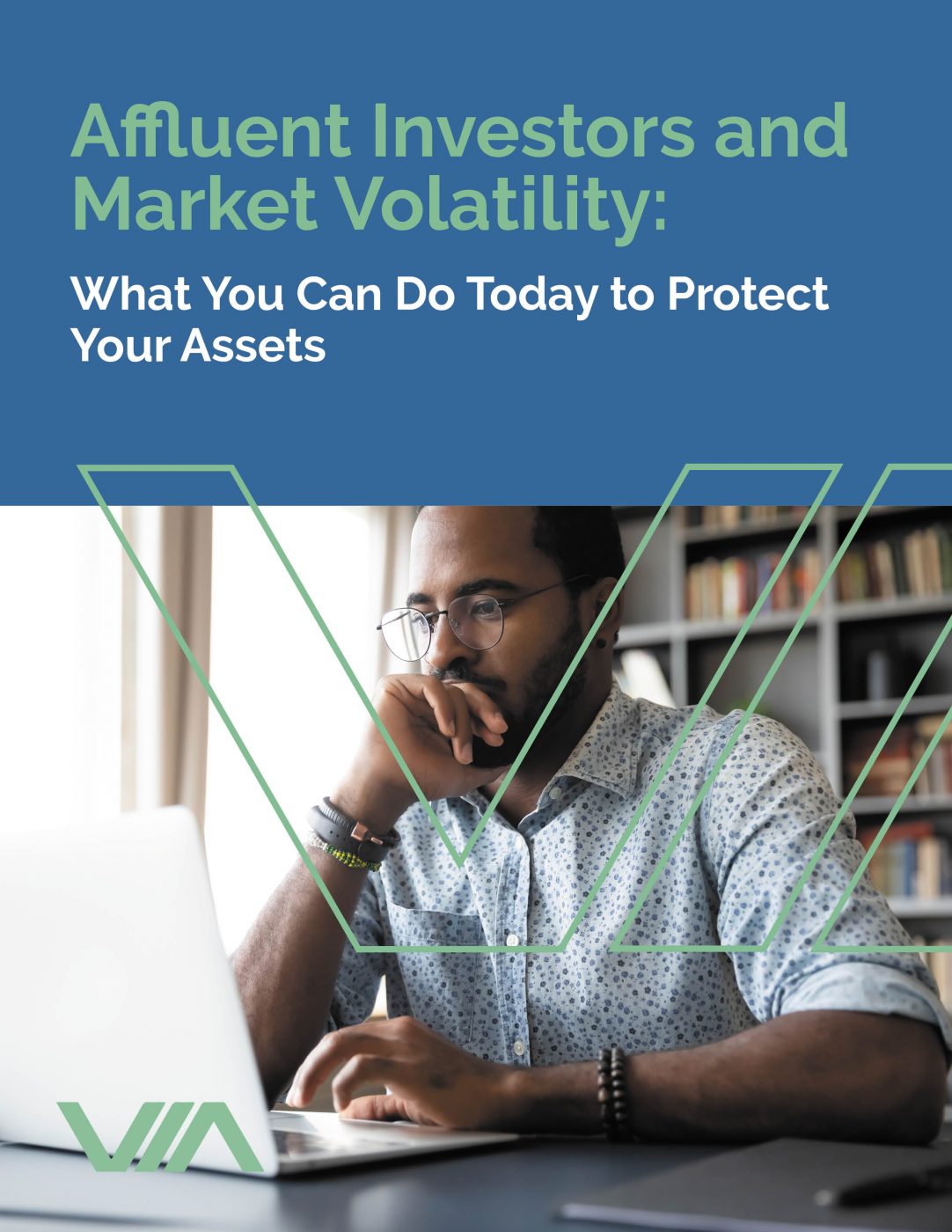

A Checklist for Corporate Executives Getting Ready to Retire
As the end of your career as a successful executive manager nears, there are several financial considerations that must be kept in mind. Planning your retirement, in particular, will require more than just selecting your retirement date. All areas of your life should be considered including financial, legal, Social Security, and healthcare-related matters, which should be part of your retirement planning thought process.
With this in mind, we’ve created a retirement checklist specifically for busy executives like you. The topics listed below are things you should be aware of before starting your final transition into retirement.
This checklist discusses the following topics (and more):
- How early should your retirement planning process start?
- Is an early retirement right for you?
- Understanding your post-retirement benefits package
- How to handle a 401(k) rollover
-
How Early Should Your Retirement Planning Process Start?
Whether you plan on retiring within the next two years or several years from now, it’s never too early or late to start planning. Once you become a corporate executive, if you want to be financially secure in your golden years, the sooner you begin strategizing your savings, tax, and investments, the better.
While you may be very comfortable today, economic conditions may change when you’re ready to retire. That’s why planning for different life events and/or economic conditions should be a part of your retirement planning process. A two-pronged attack of inflation and market instability threatens to reduce even your nest egg.
While we don’t have a crystal ball that tells us how the markets will perform once you retire, it is a prudent step to factor in different scenarios into your planning process. You don’t want to wait until you are ready to retire and then realize that you’re not prepared for your income needs, post-retirement.
Timely retirement planning involves multiple moving parts, such as:
- Will you be receiving additional benefits? If so, when will they be available? Everything applicable should be figured in.
- Strategies to maximize your savings. After all, this is what you’ll be relying on for your monthly income.
- Your likely budgetary needs. How much will you need for health and other living expenses? These things get taken for granted in day-to-day corporate life.
-
Is an Early Retirement Right for You?
This is a personal decision to consider carefully. If you’ve already achieved financial independence, then it may be appealing. Meanwhile, there still may be potential downsides to giving up a steady corporate job.
You might enjoy pursuing leisure activities you love, but unforeseen financial concerns can arise from an underwhelming pension or the rising costs of post-retirement living. Weigh the pros and cons to develop a well-thought-out strategy before you commit yourself to a decision.
-
Understanding Your Post-Retirement Benefits Package
After years of hard work, it’s great to the fruits of your labor. At the same time, it’s essential to understand your post-retirement benefits package. This can help ensure your financial security, quality of healthcare services, and more.
A typical executive’s benefits package includes life insurance, health and vision plans, disability insurance, pension plans, and individual retirement accounts (IRA) or 401 k plans. Investing in these services while you’re still employed can prove extremely rewarding over the longer term.
The Tax Code is Ever-Changing. That’s Why We’ve Written this 2023 Guide to Help You.
-
What Are Your Retirement Goals & Income Needs Post-Retirement?
Calculating your post-retirement income needs can seem daunting, but there are several painless methods for making an accurate estimate. As a rule of thumb, start by assessing the monthly costs of your current lifestyle. Next, try to determine your preferred standard of living—both before you retire and once you’ve left the workforce.
Additionally, factor inflation and the potential for medical expenses into your retirement savings. These figures should get you into the ballpark, providing a basis for better-informed investment choices.
-
How To Handle a 401(k) Rollover
There are multiple options for managing a 401(k) account rollover, but they’re not one-size-fits-all. This is why understanding the potential risks associated with the method(s) you consider first is essential. Space is limited here, so we’ll summarize by urging you to do your homework thoroughly concerning the possible results.
For example, you want to understand all potential fees associated with the process before you’re charged. Once you’ve selected a way to roll over your 401(k), you’ll need to complete the paperwork for moving your retirement funds from your employer’s plan to an appropriate IRA provider (such as an investment company or bank).
Some of these places will charge more/higher fees than others, so look before you leap here. Lastly, as we’ll discuss, you want to strategize your taxes to avoid paying more than you have to.
-
Tax Consequences To Consider Pre and Post-Retirement

Retirement is a momentous event, especially for corporate executives. Nevertheless, before you celebrate, there are important tax implications to consider. For instance, whether or not it will be a significant component of funding your retirement, you need to account for the impact of your allotted Social Security benefits.
Similarly, you’ll want to factor in any potential tax implications resulting from your corporate pension (especially any lump-sum payments). Retirement can offer some tax-burden-easing benefits regarding things like your capital gains taxes—if you plan your finances in anticipation of them.
Understanding how changes to the Tax Cuts and Jobs Act may apply could also highlight new deduction or filing extension opportunities for you. Where you can, it never hurts to consider your future required minimum distributions (RMDs).
There’s a major reason why we suggest starting as early as possible: The best tax reduction strategies can only be planned over a long period of years or decades. Savings off your yearly return are good, but they’re really nothing compared to how much you could save by strategizing your tax liability comprehensively over a few years or longer.
No matter how much time you have left on the clock, however, you’ll want an efficient, effective financial plan in place. In an era in which the IRS is singling out the successful for audits, we’d suggest seeking professional assistance. The brightest of people still make an occasional mistake—and that’s all it takes to poke the tax bear.
-
Find the Right Financial Advisor To Help You
Wealth managers with the certification and experience to help you make the most of your corporate retirement plan (create your financial plan, or both) don’t grow on trees. If you’re looking for a financial advisor, ViaWealth LLC regularly handles this sort of financial advice.
Our estate planning services can help you protect your financial legacy. Schedule an appointment, and we’ll review your investment options together.

ViaWealth, LLC is a Registered Investment Adviser. Information in this article is for educational purposes only and is not intended to be an offer or solicitation for the sale or purchase of any specific securities or other types of investments. Investing in the securities markets involve risk of principal and unless otherwise stated, returns are not guaranteed. Be sure to consult with a qualified financial adviser and/or tax professional before making any financial decisions. Past performance is not indicative of future performance.

